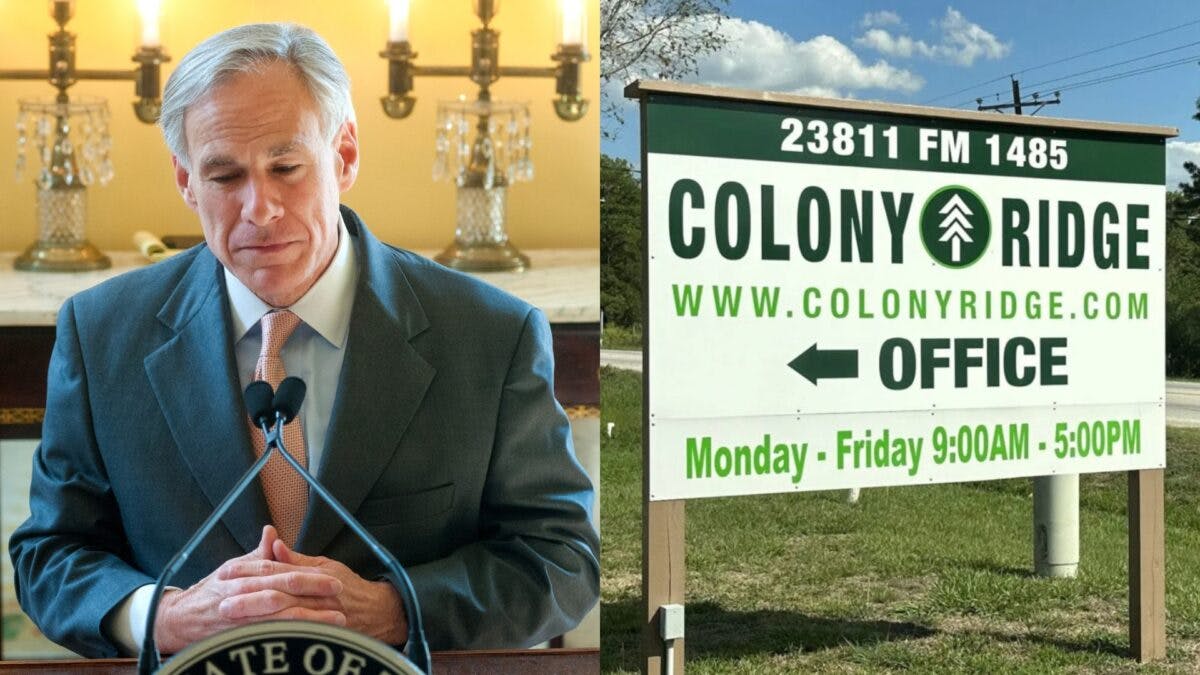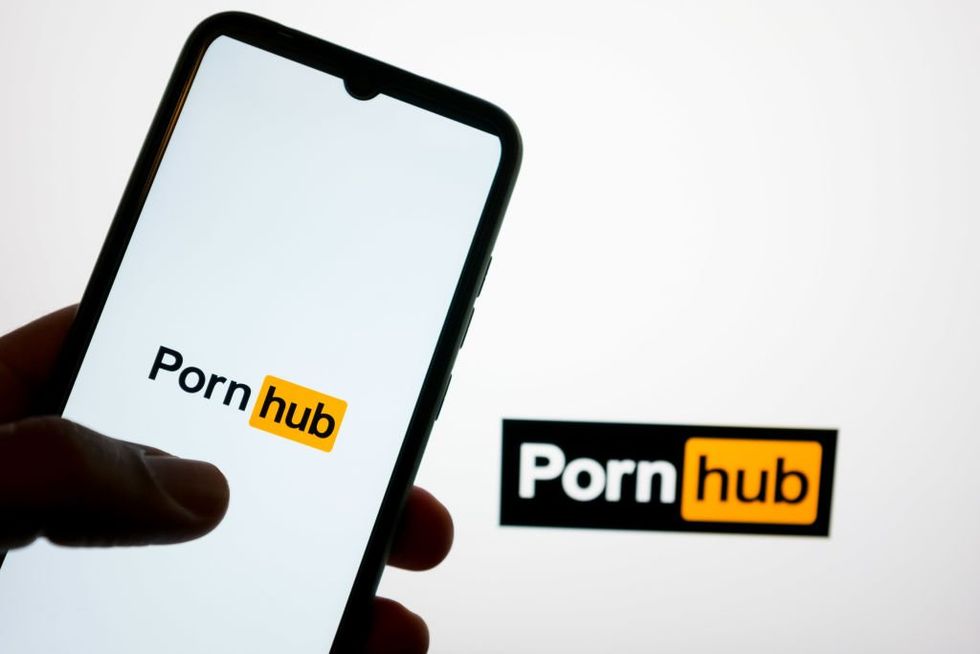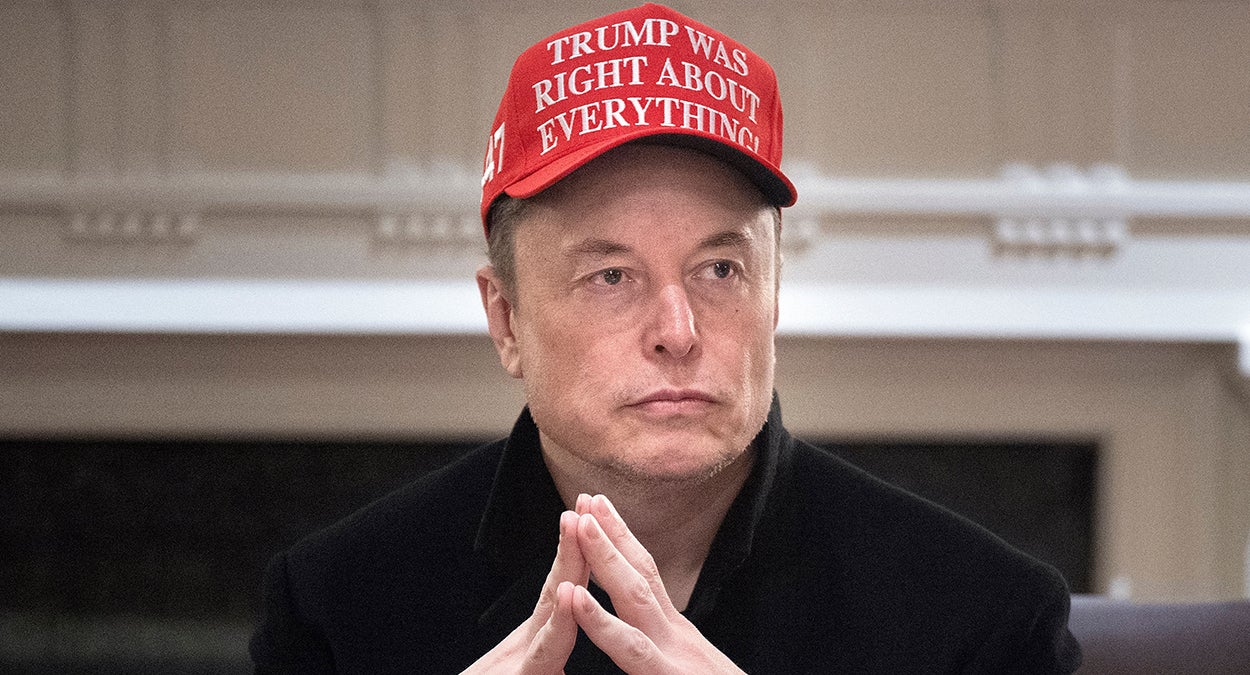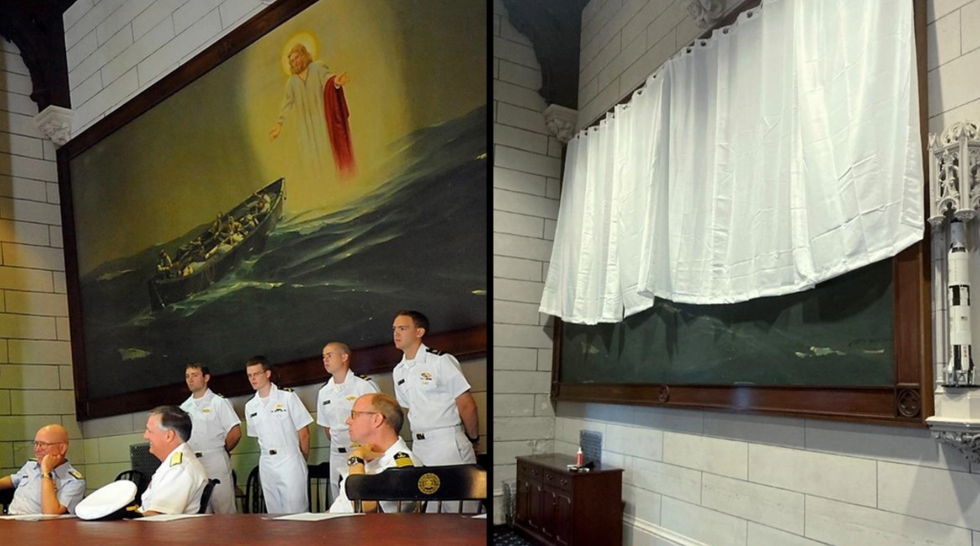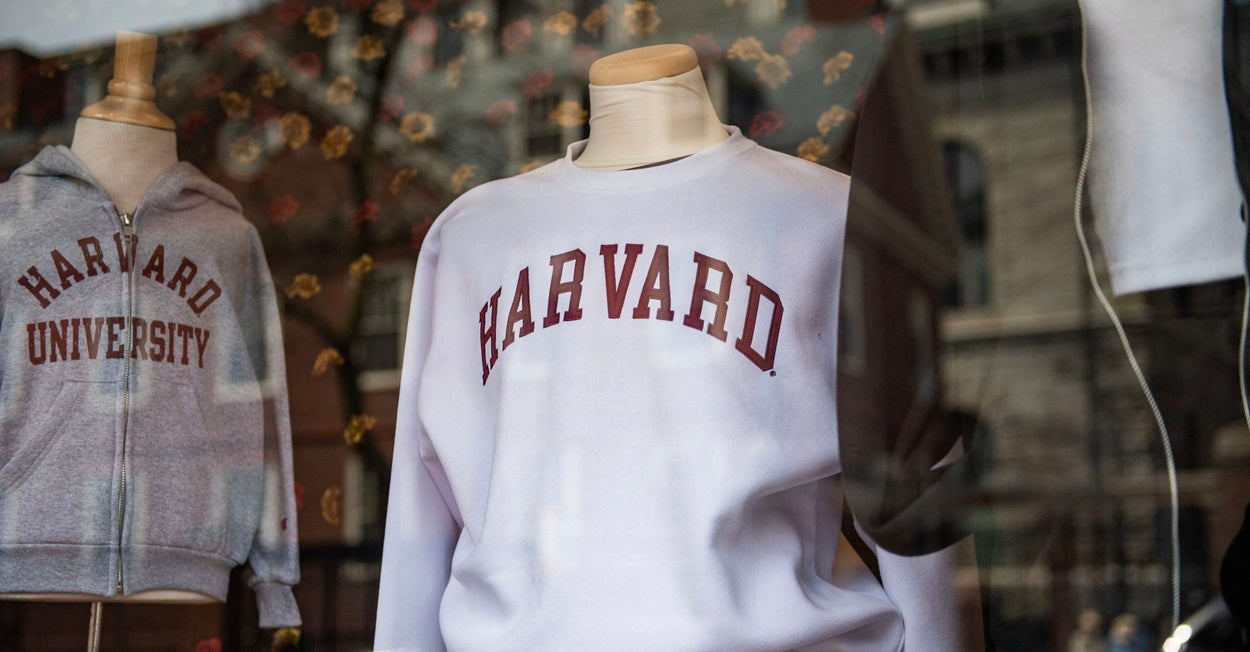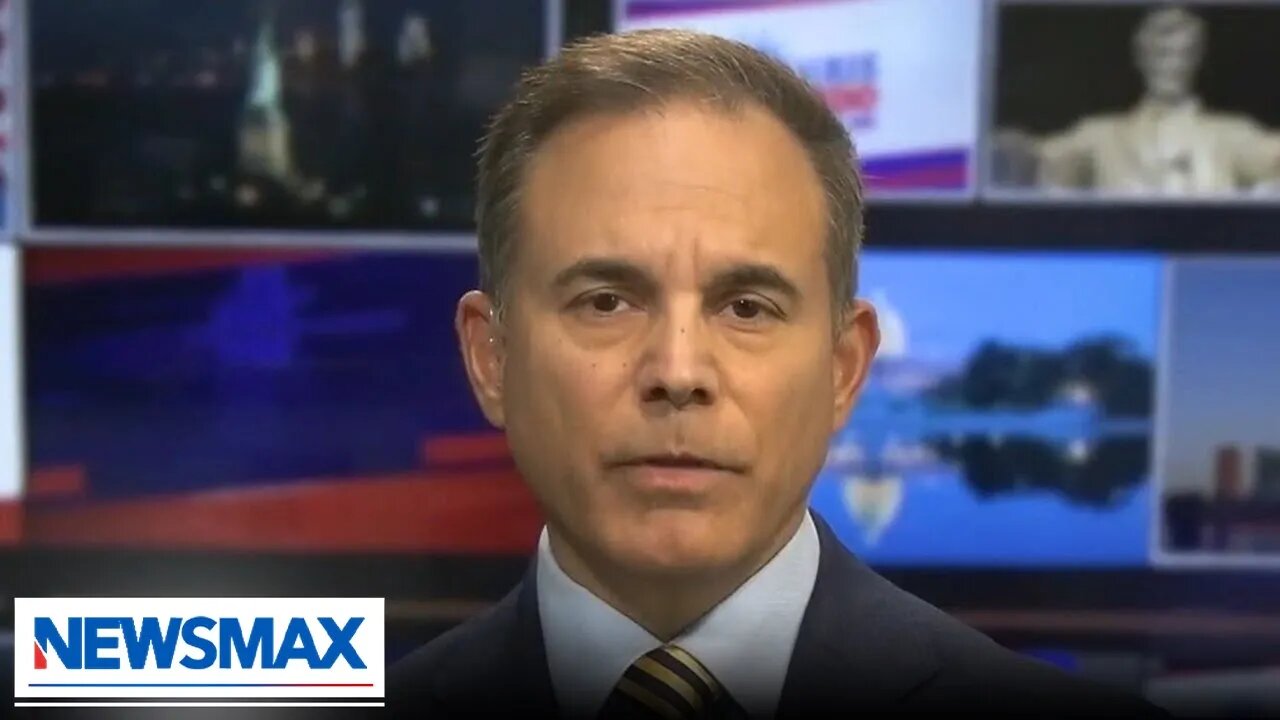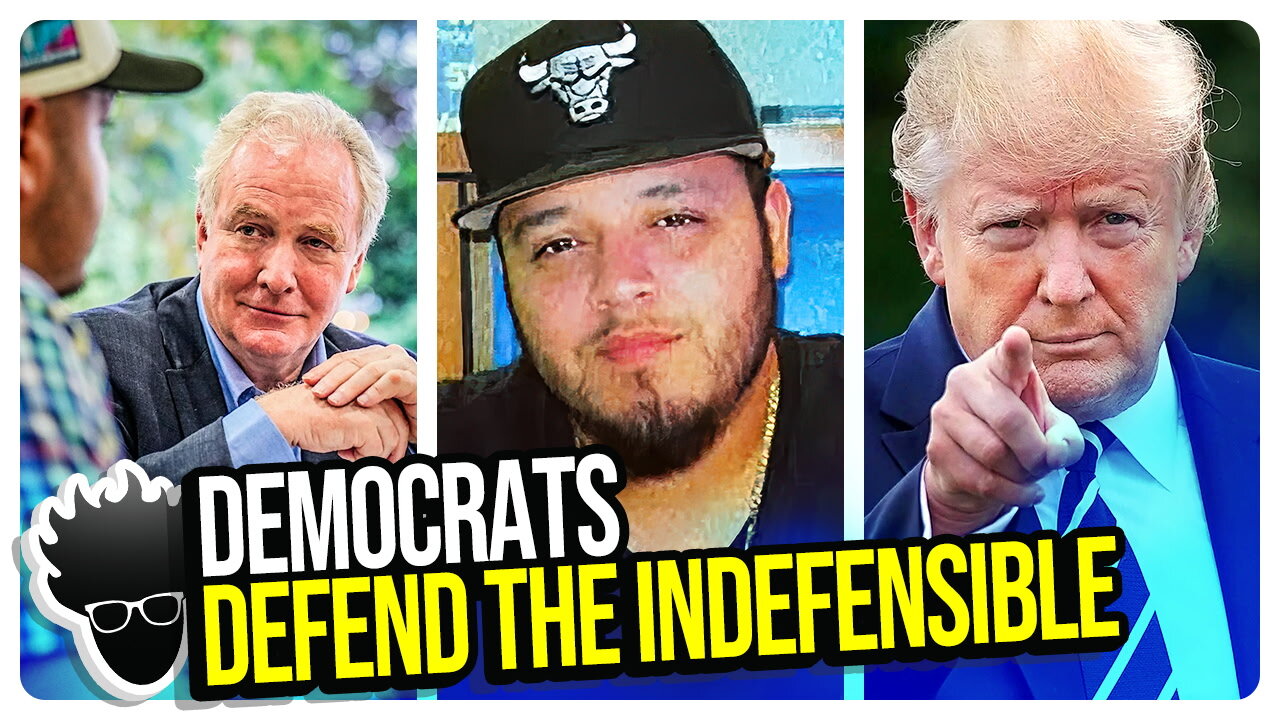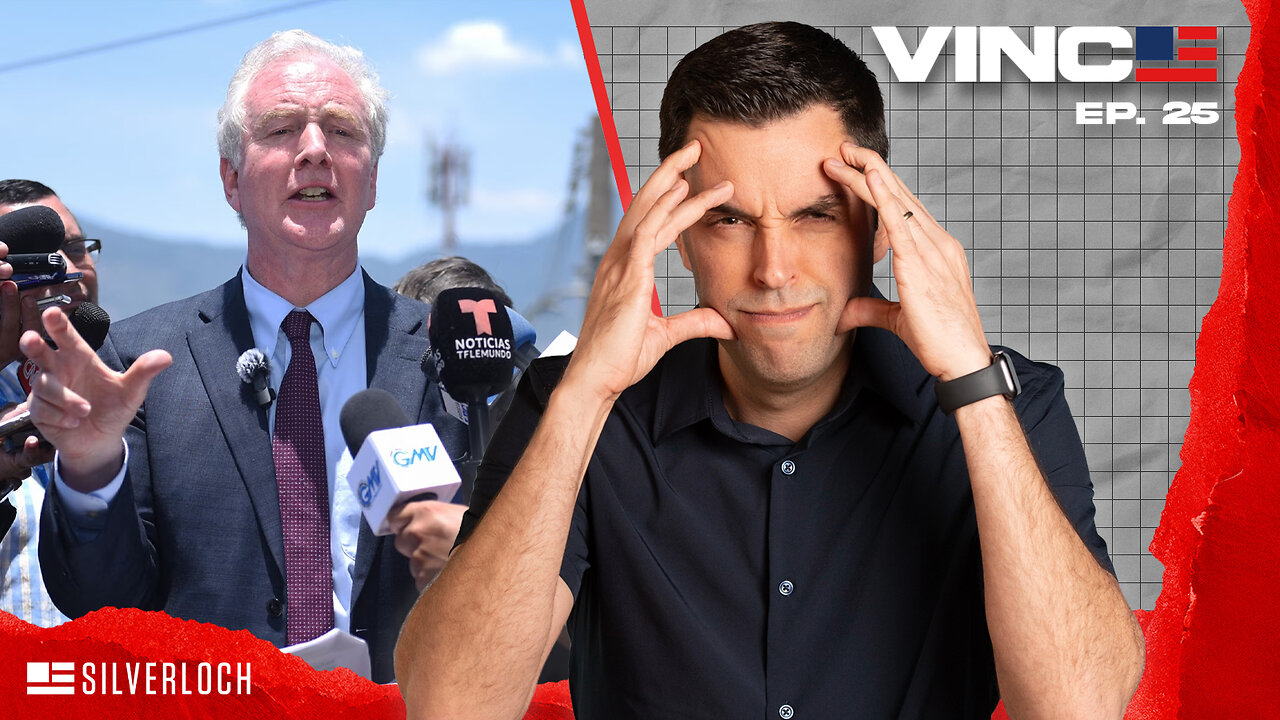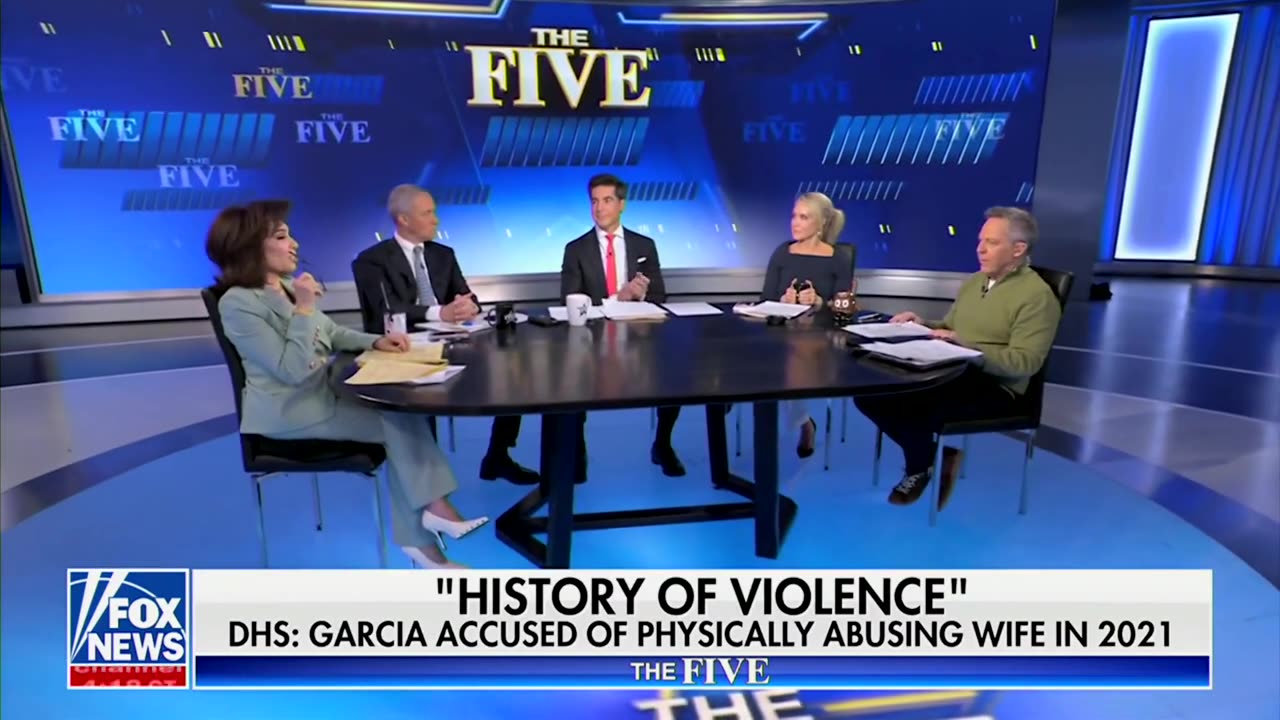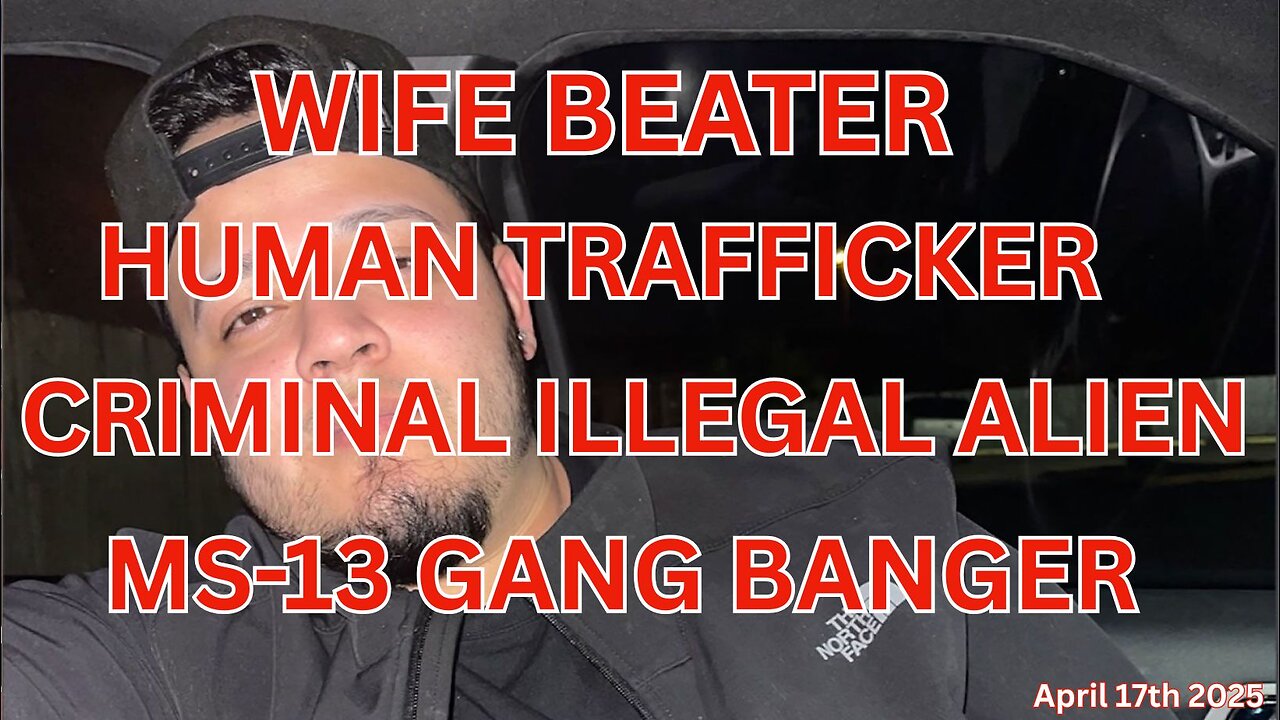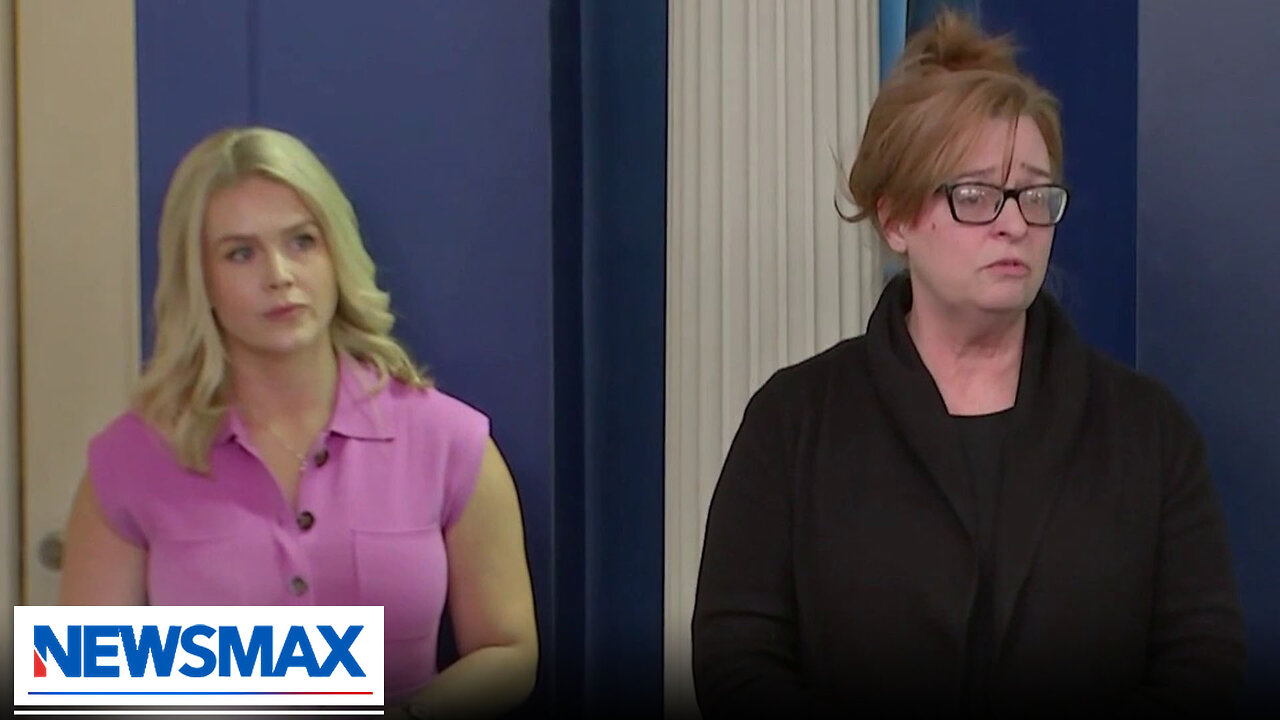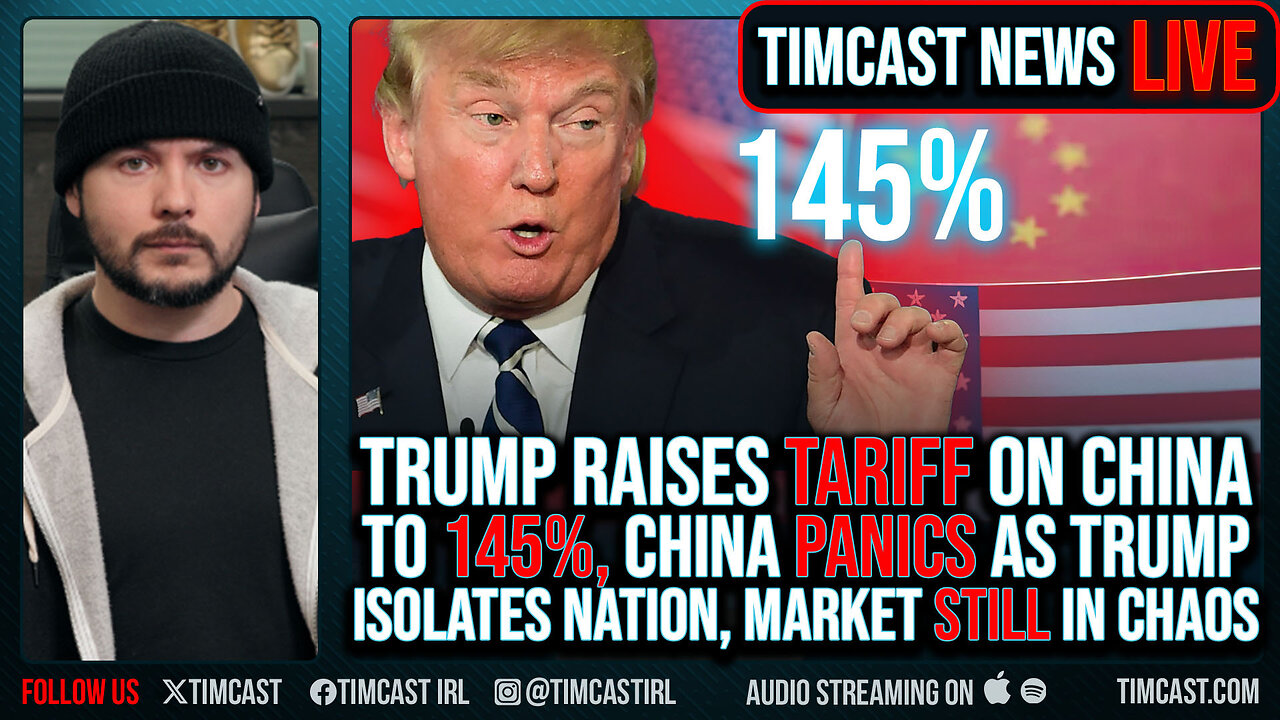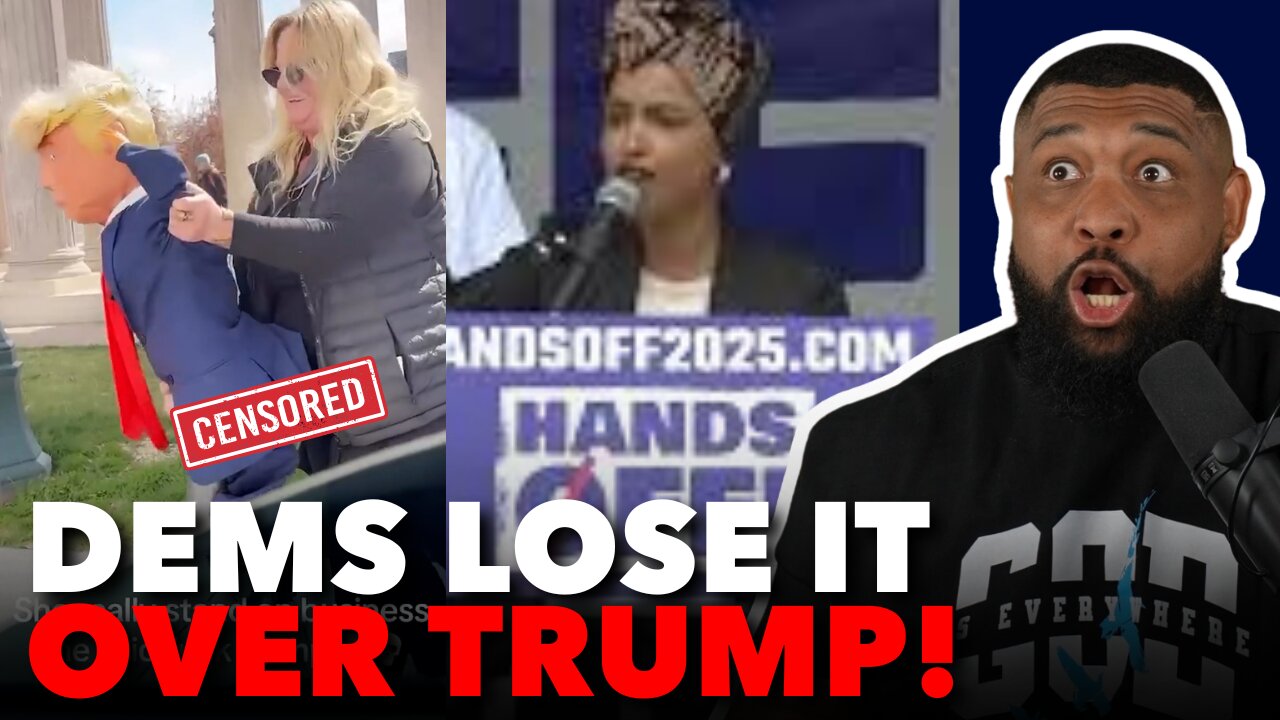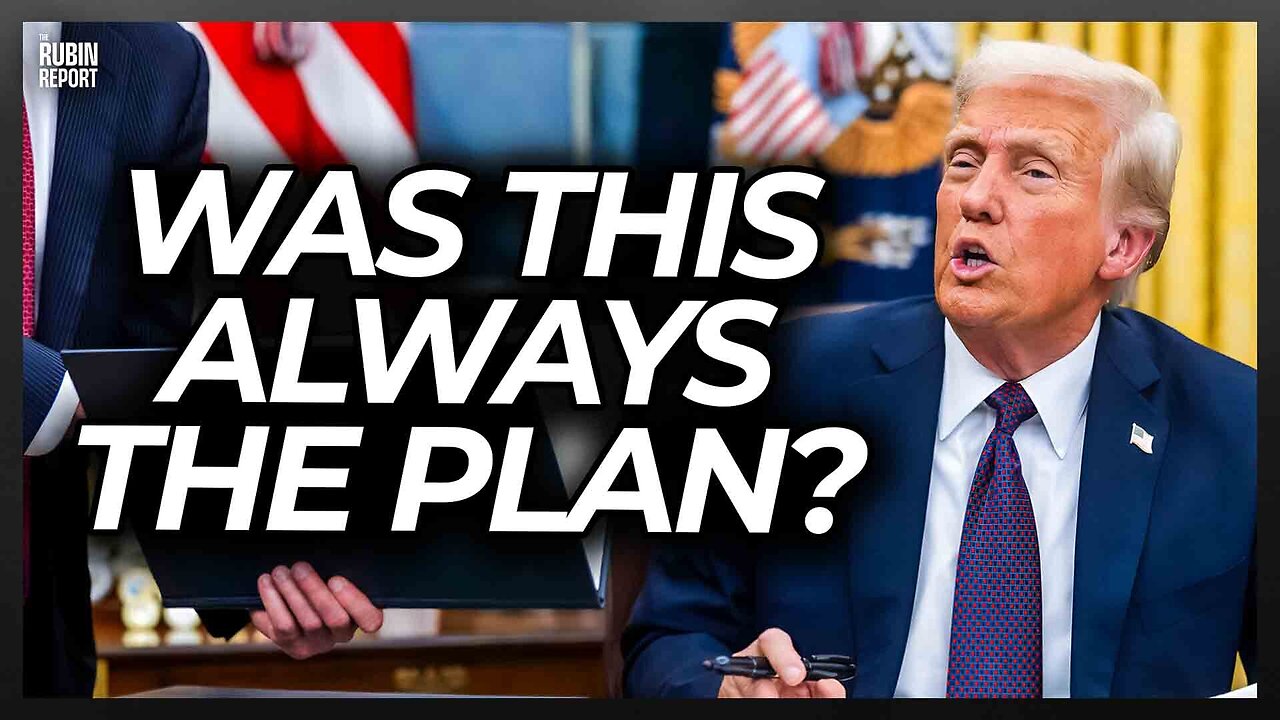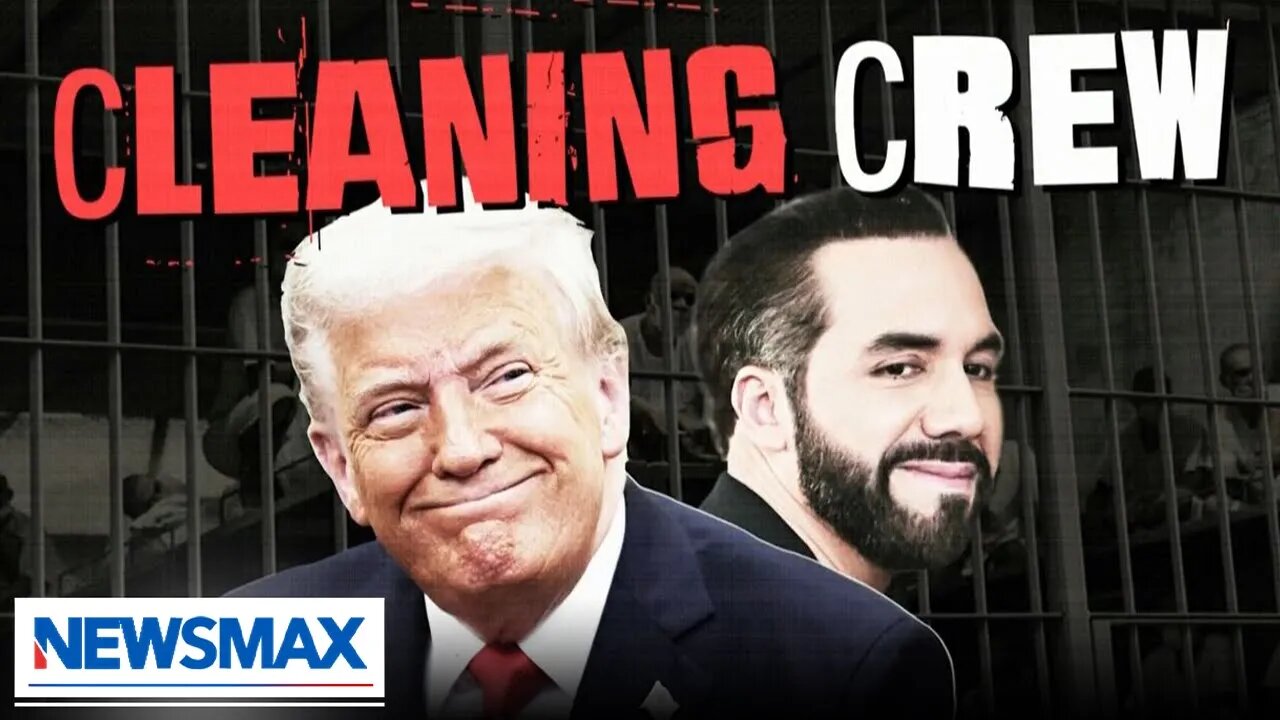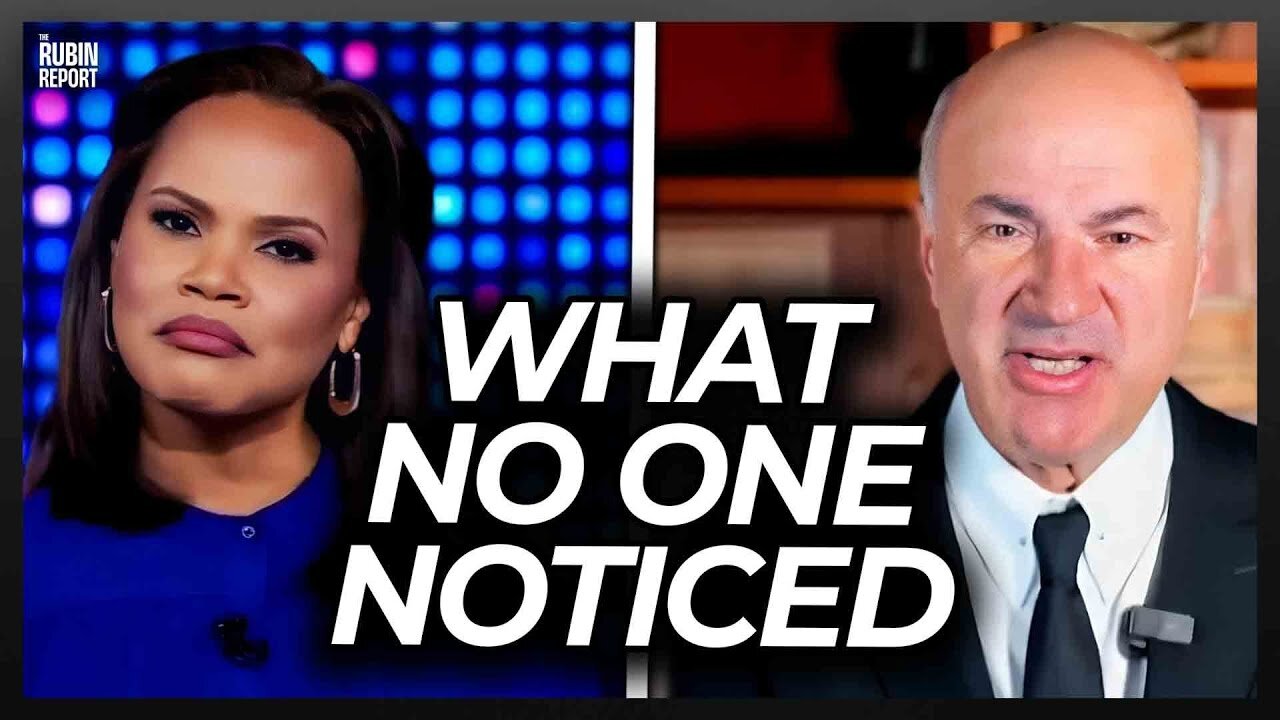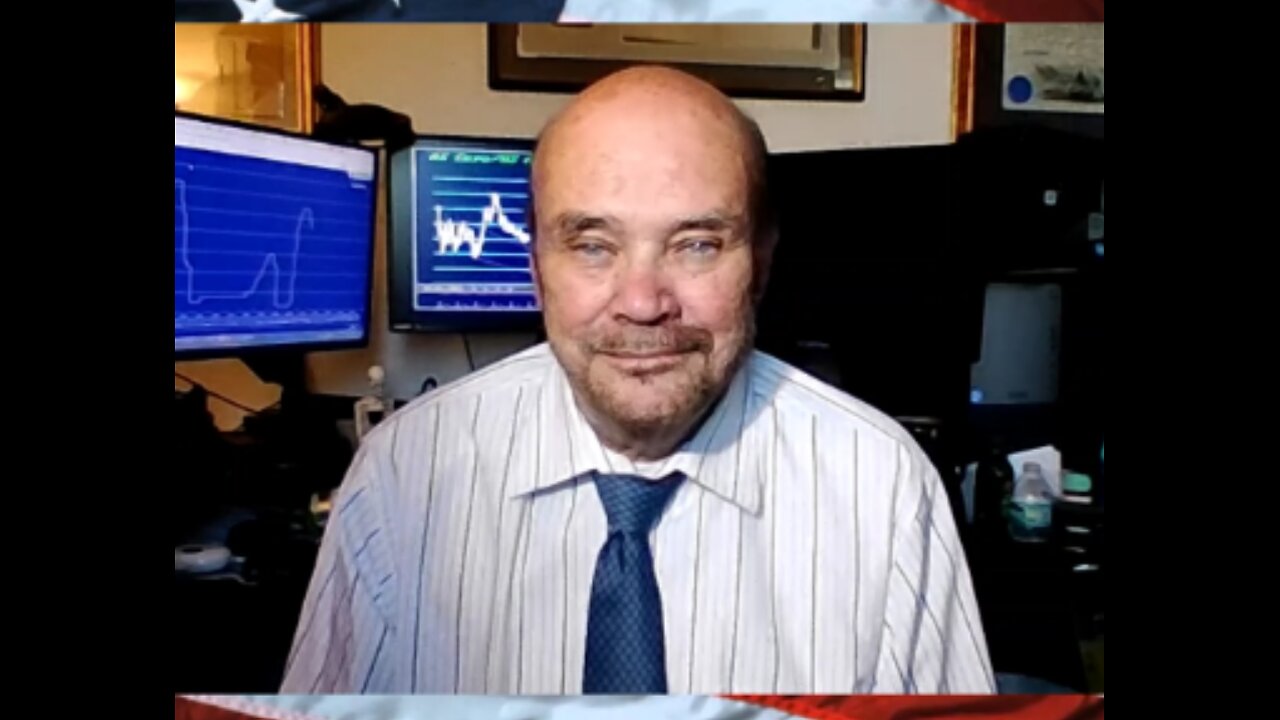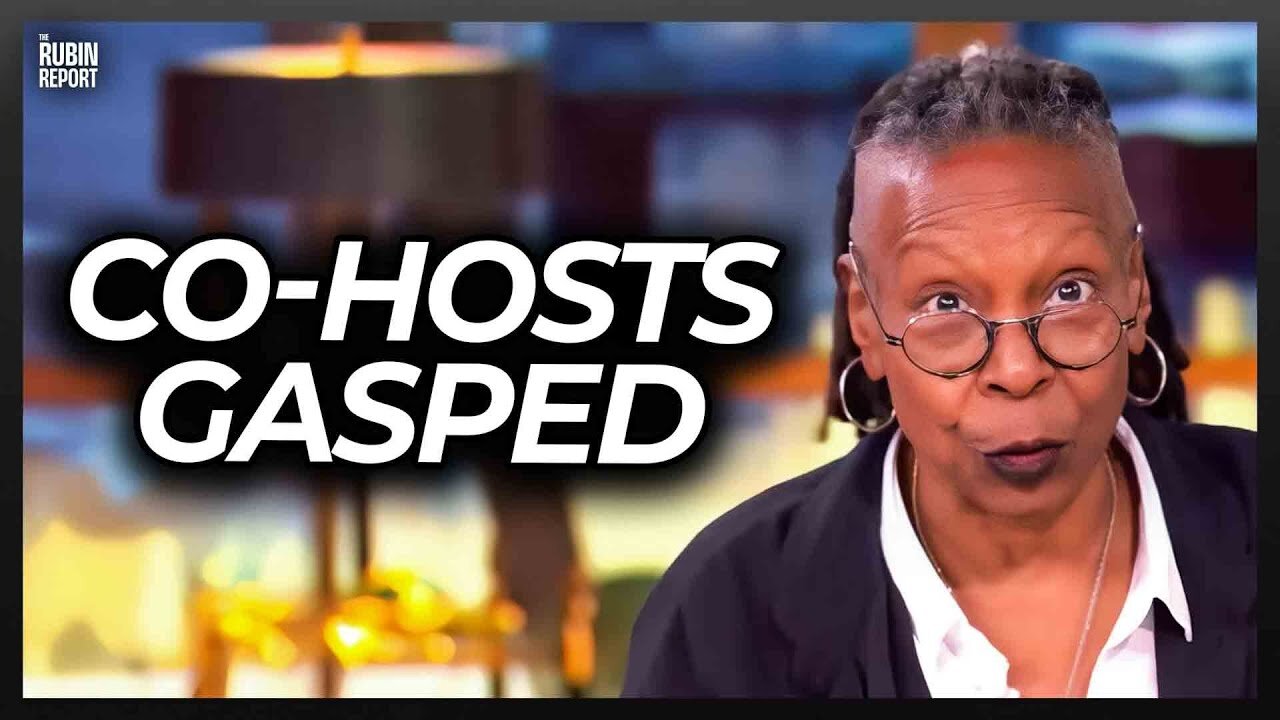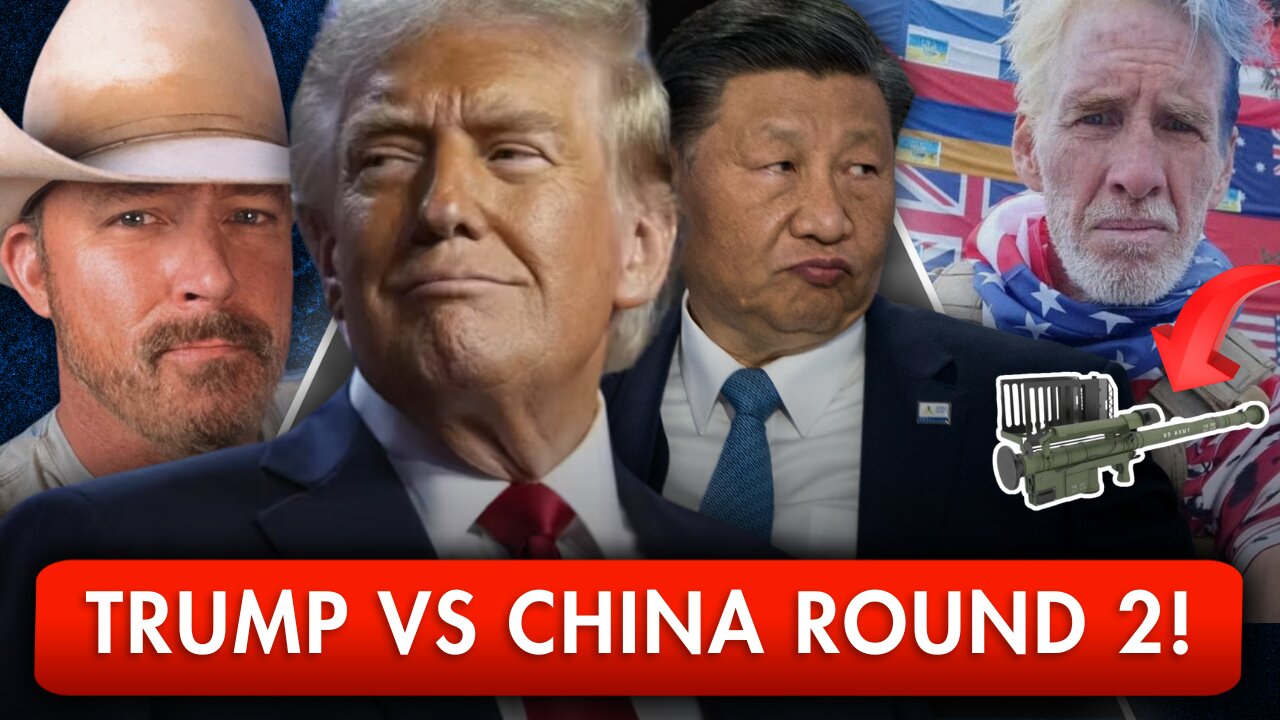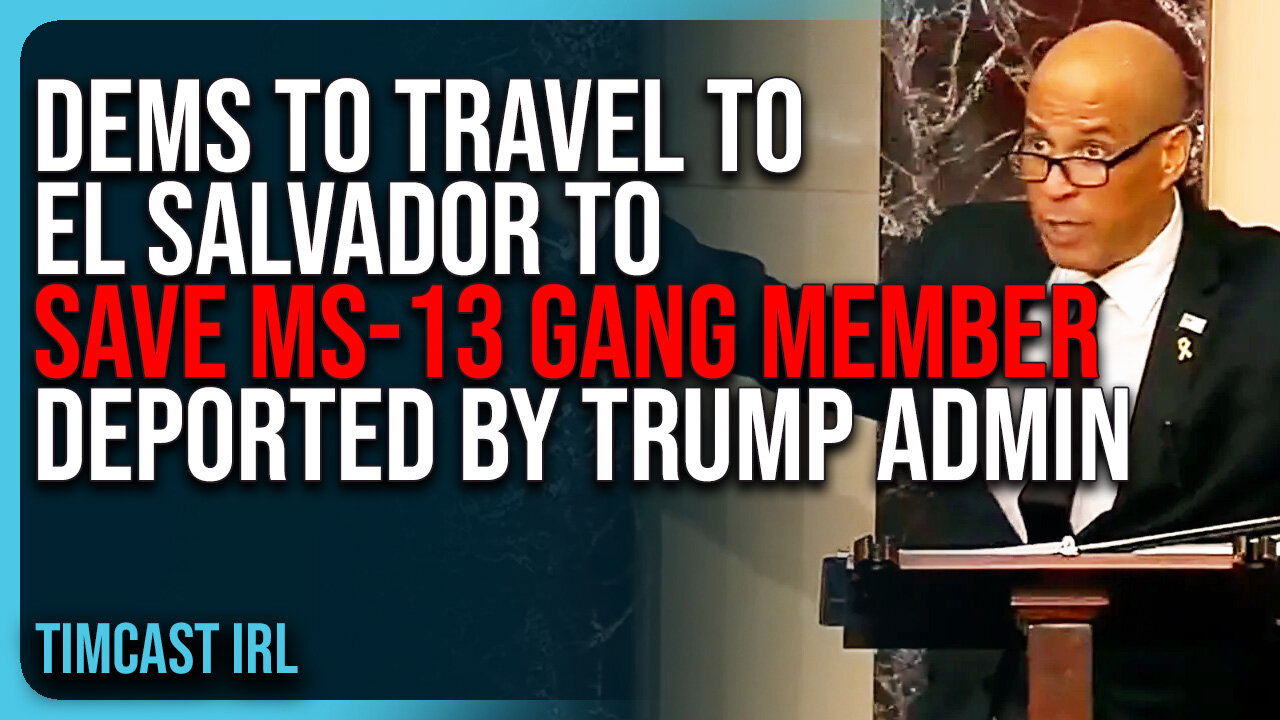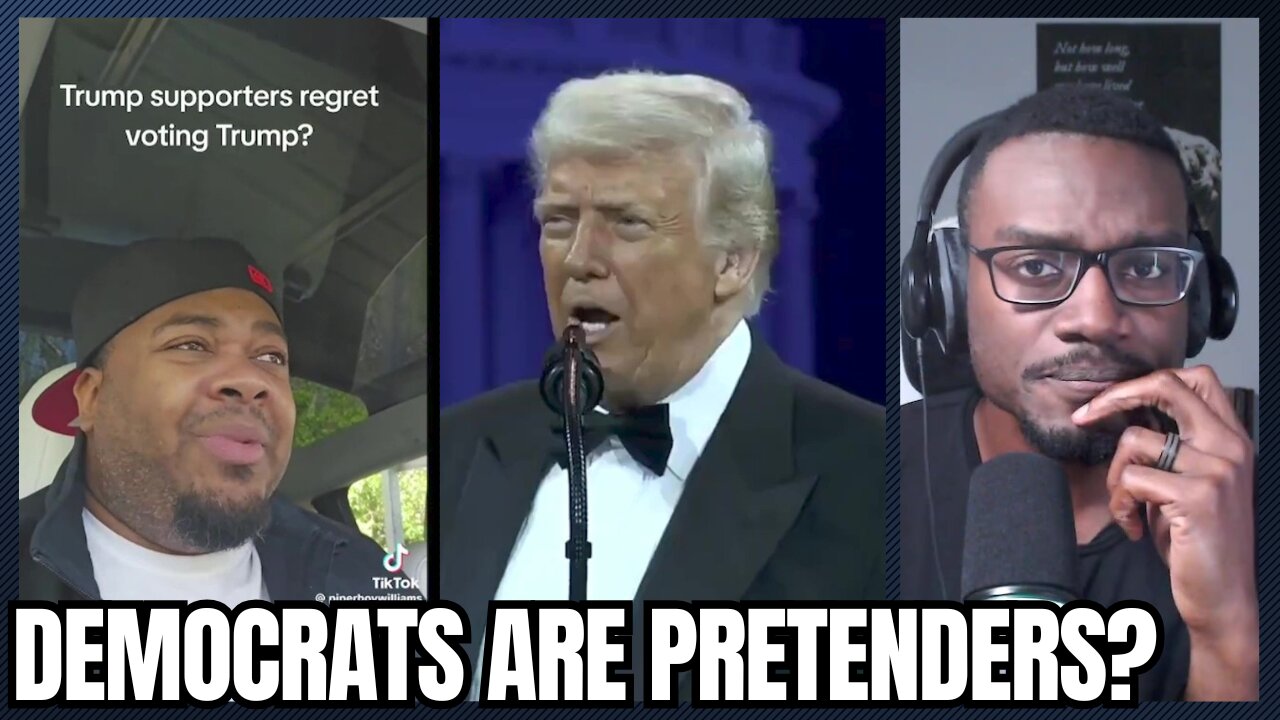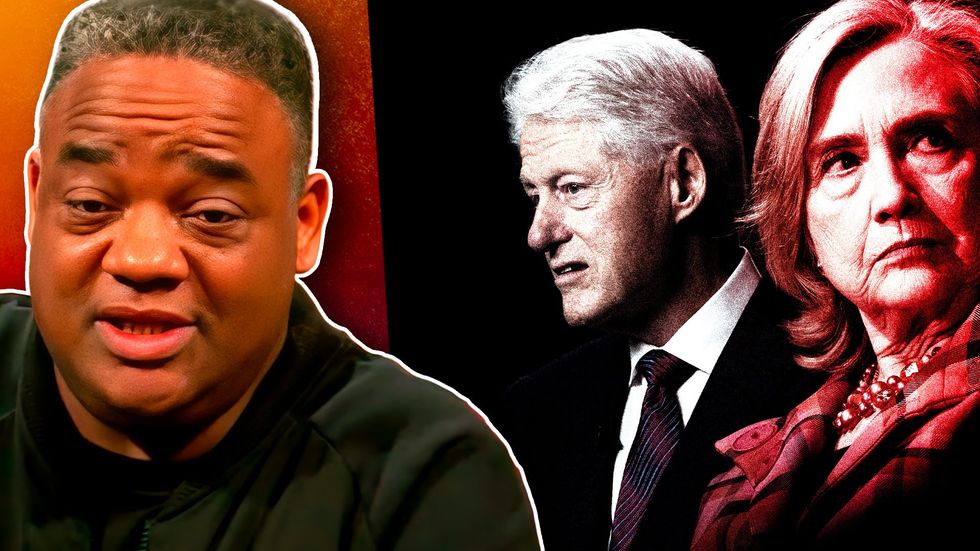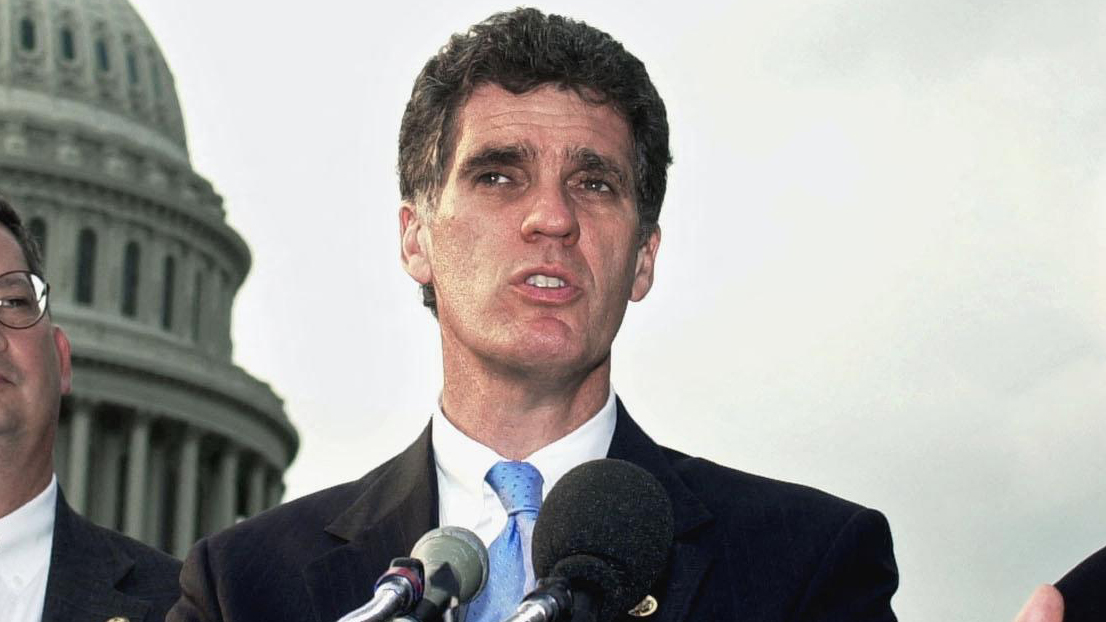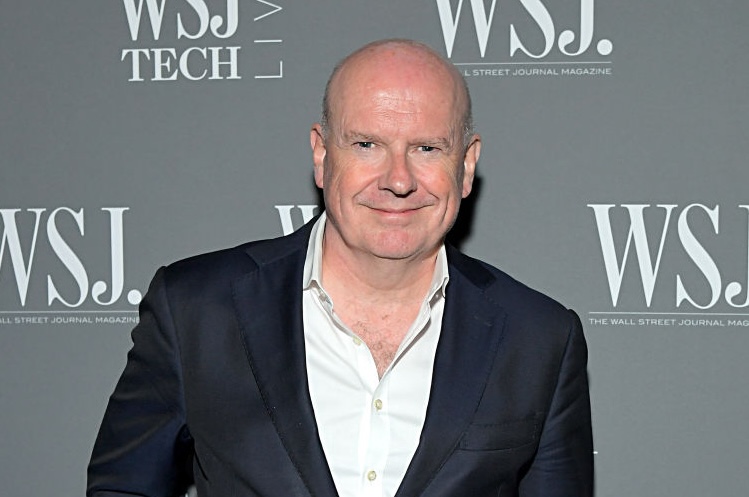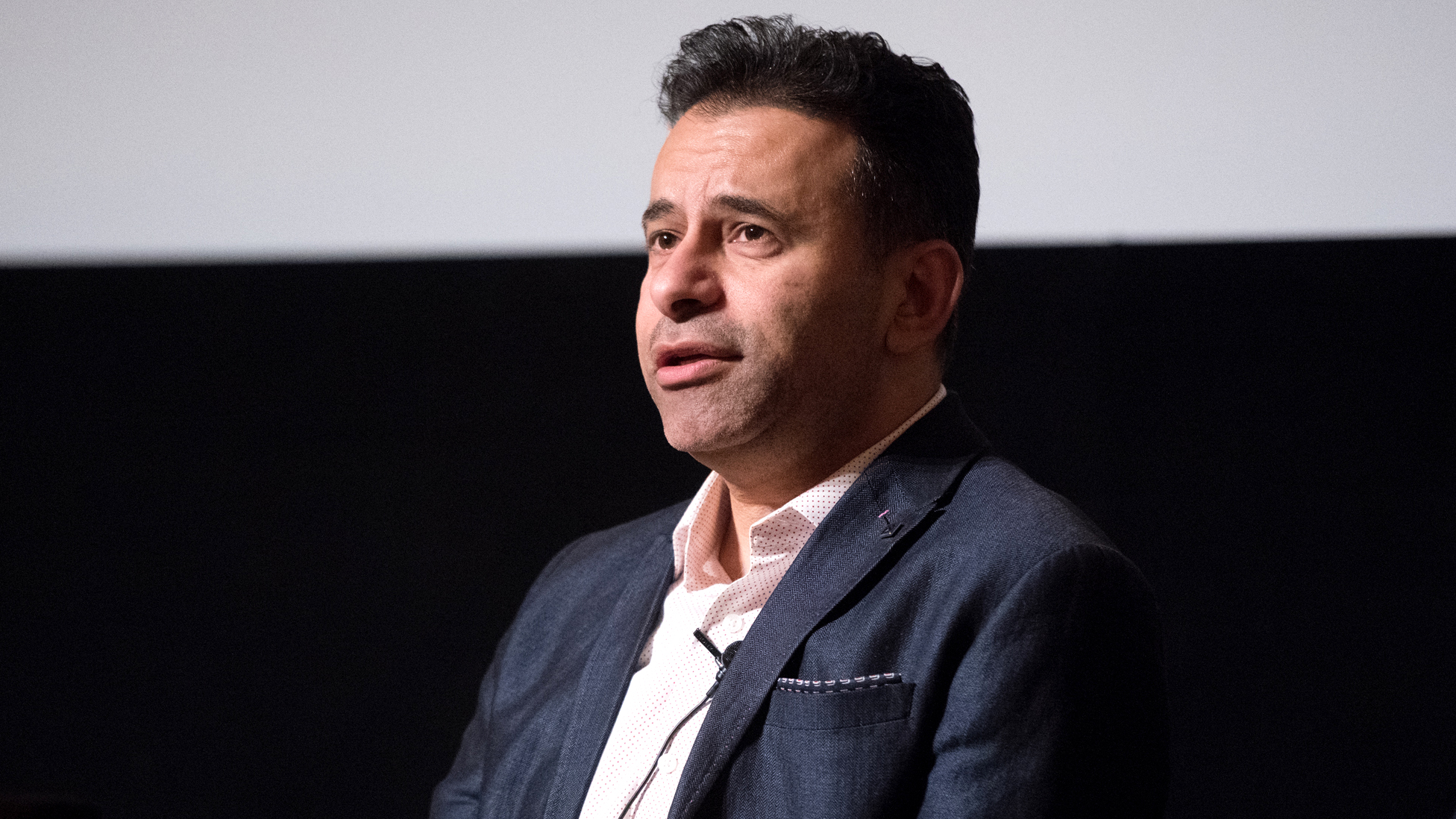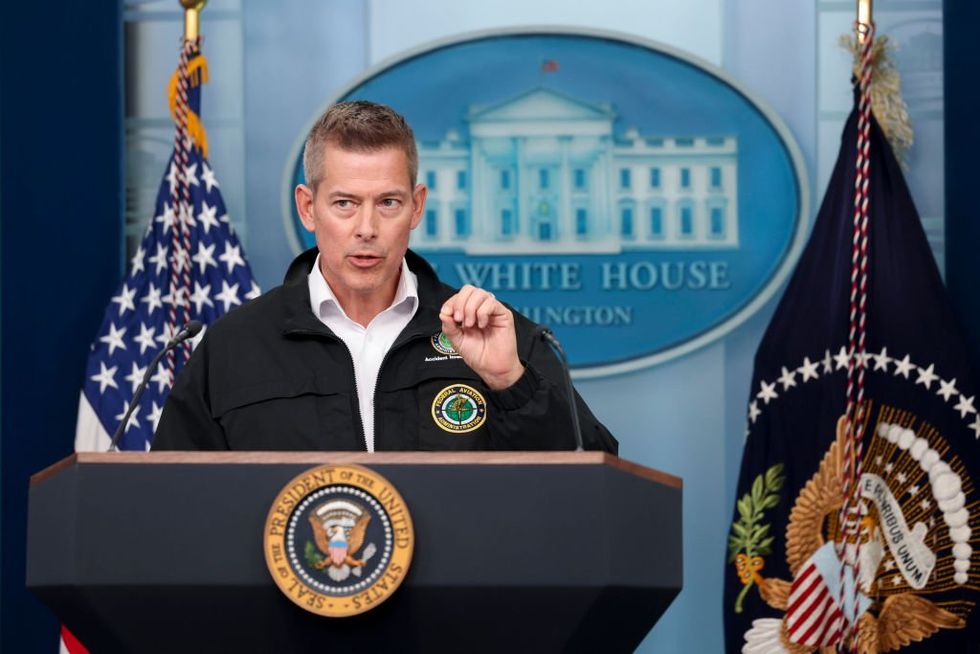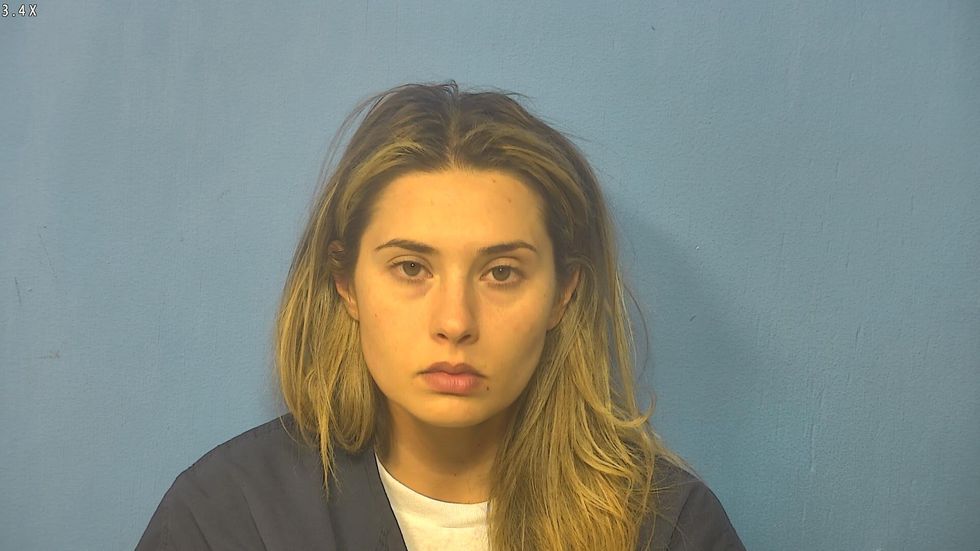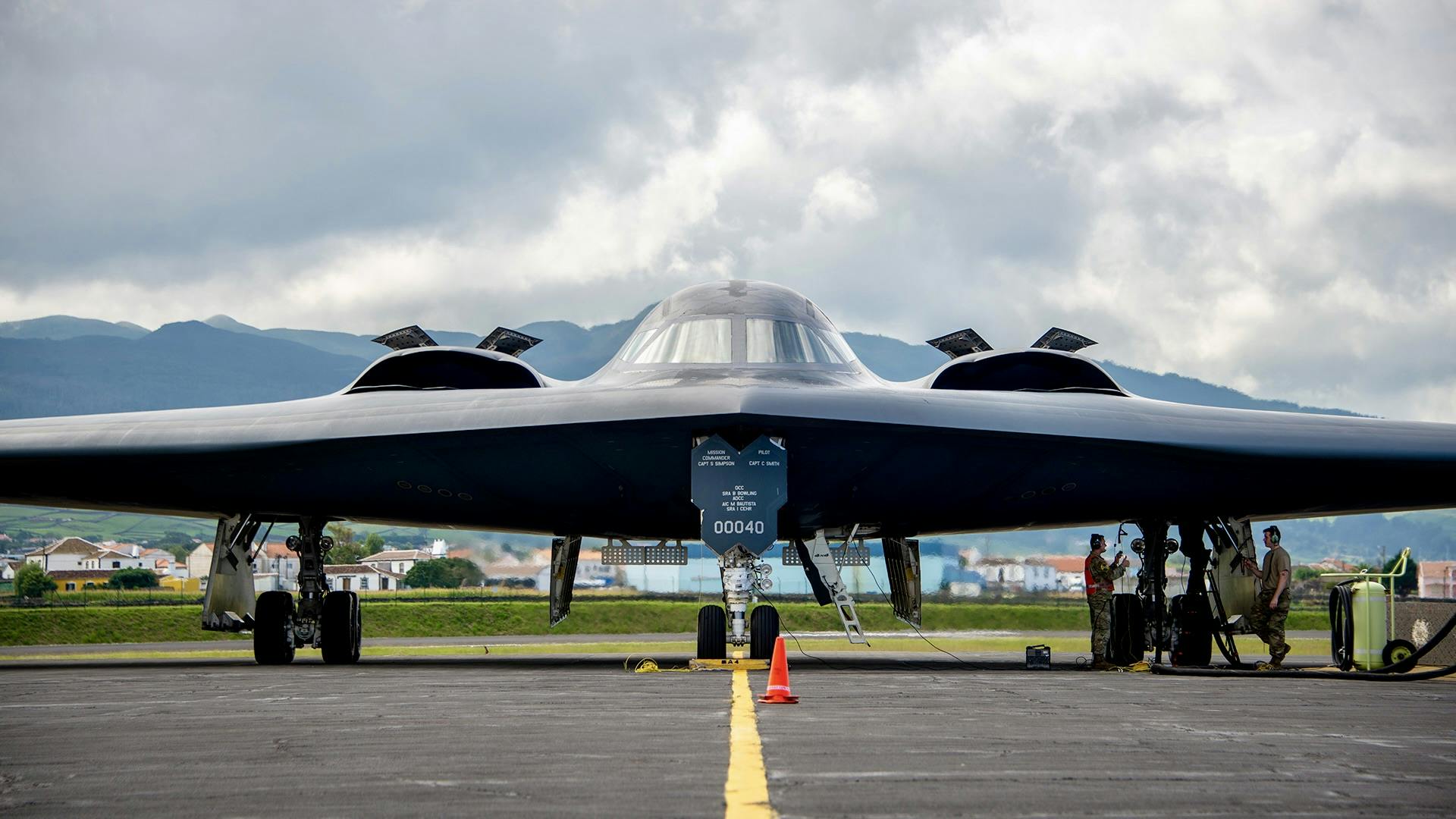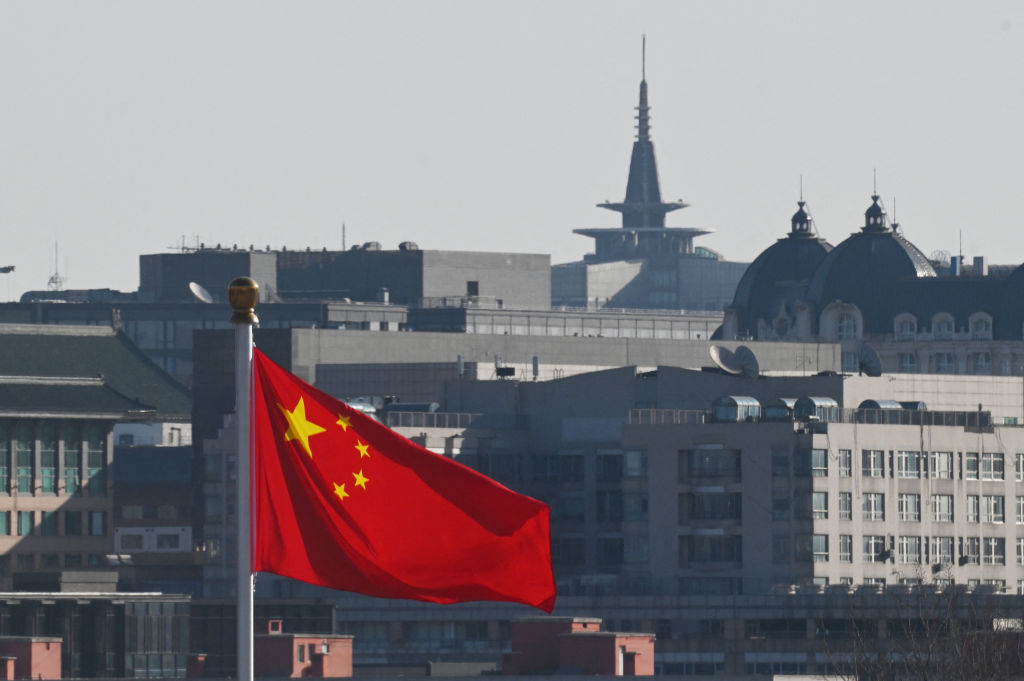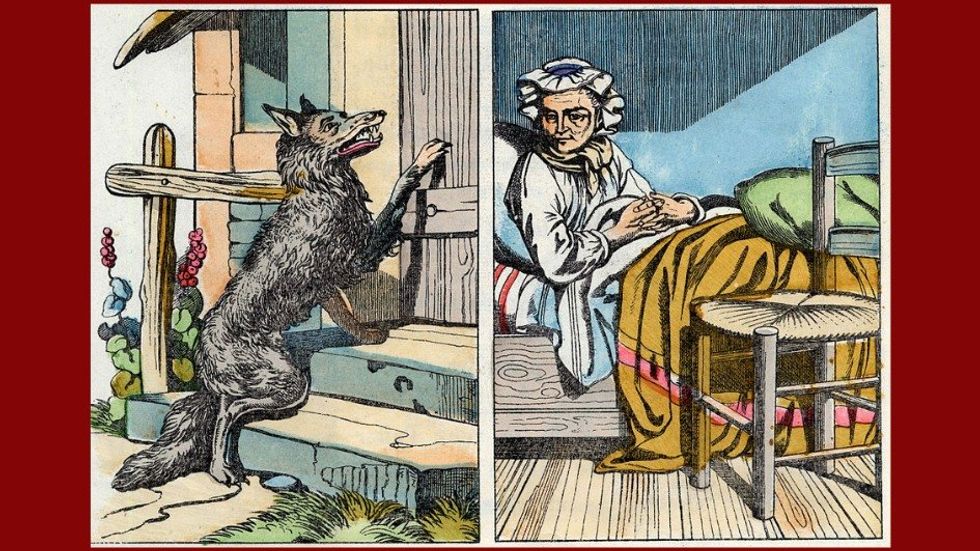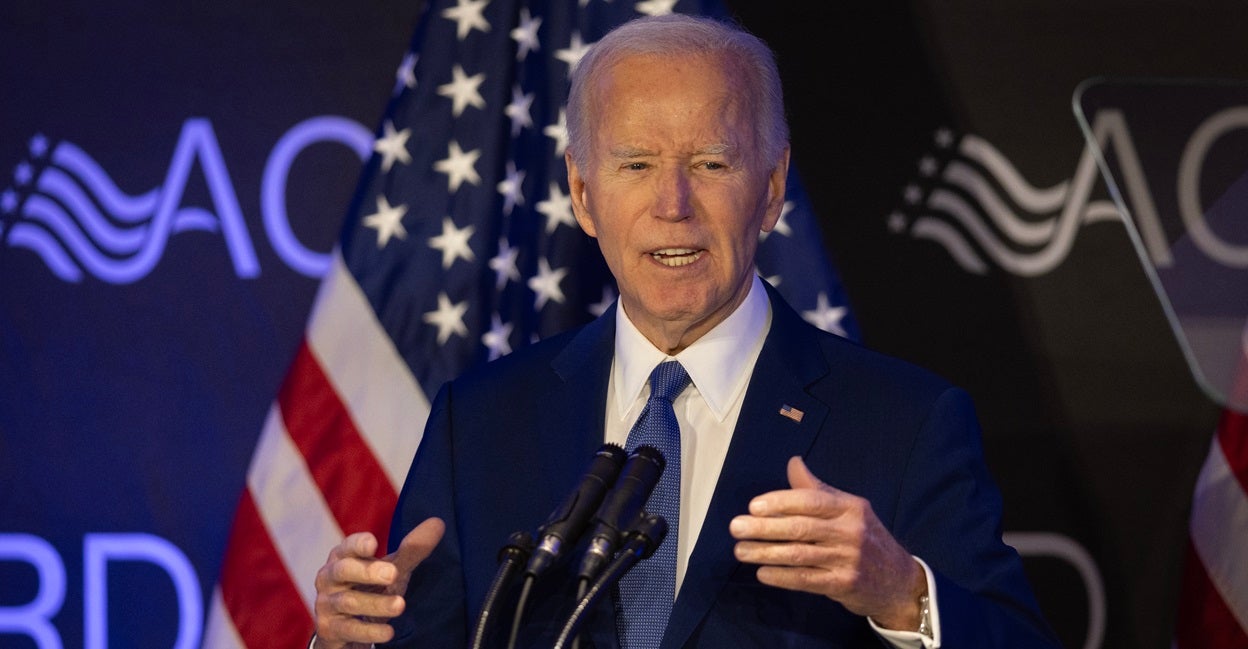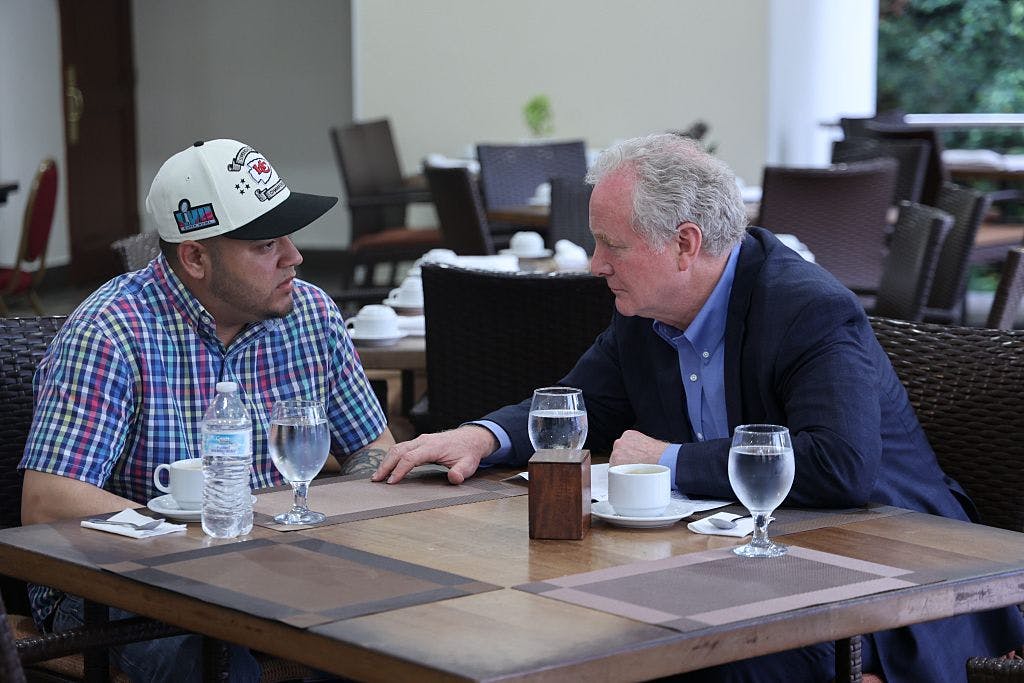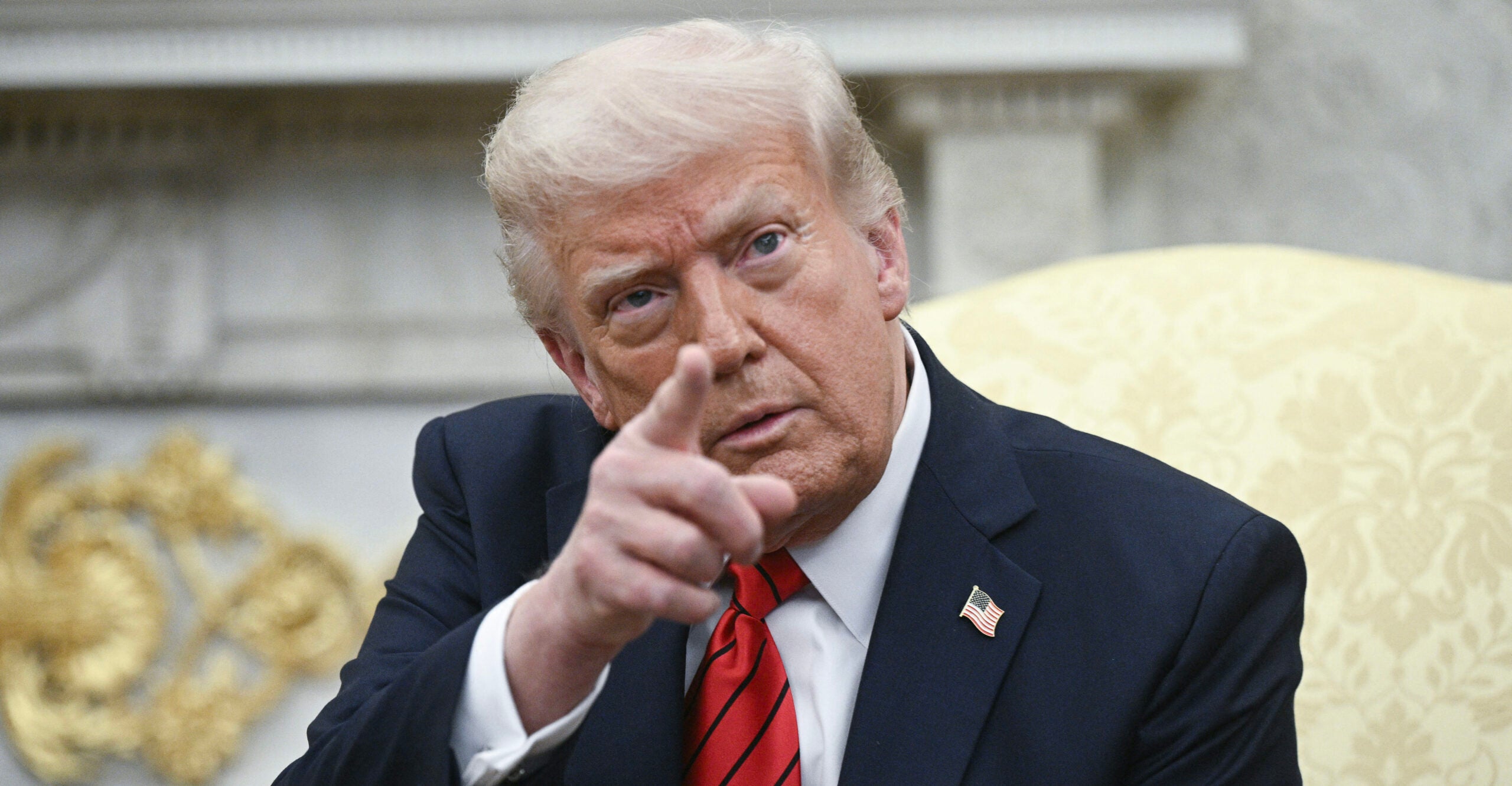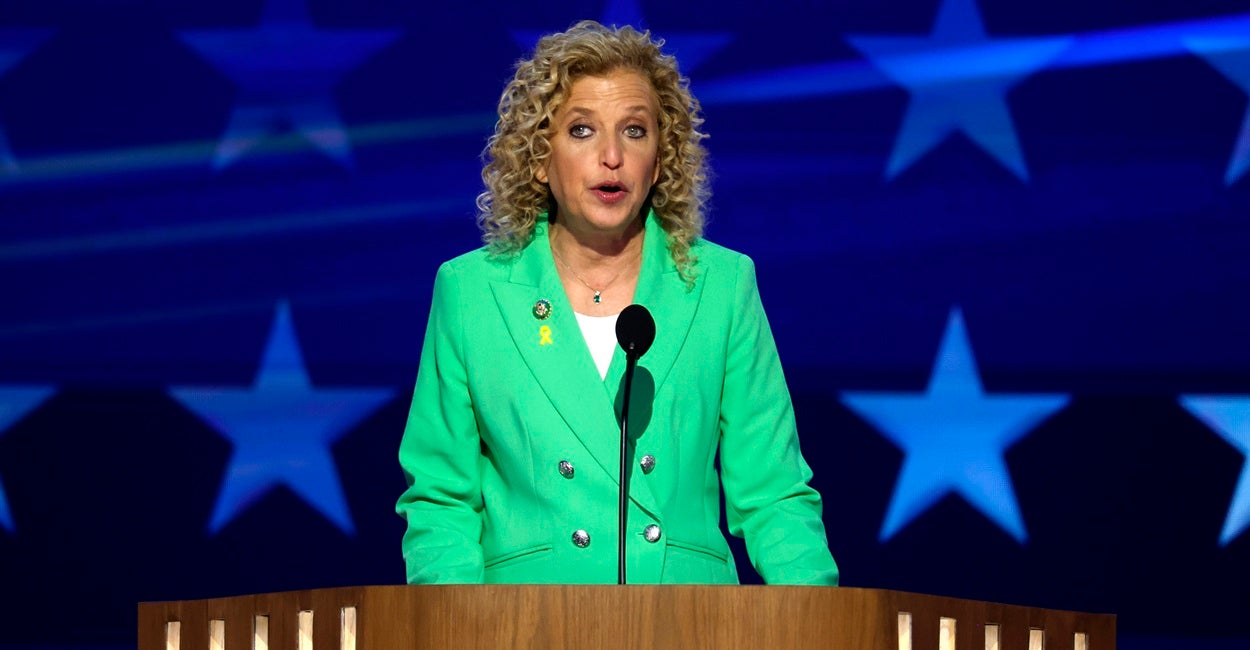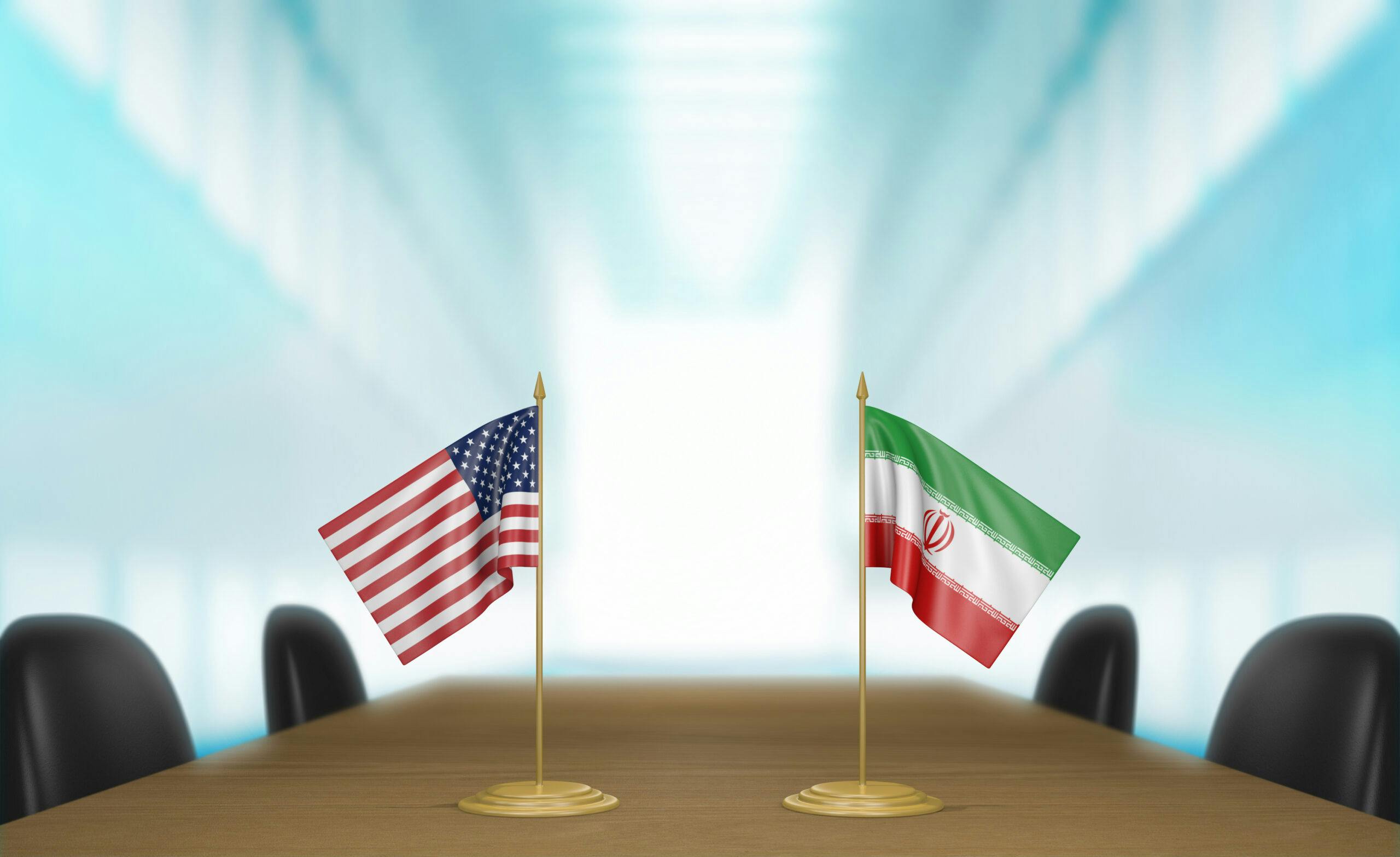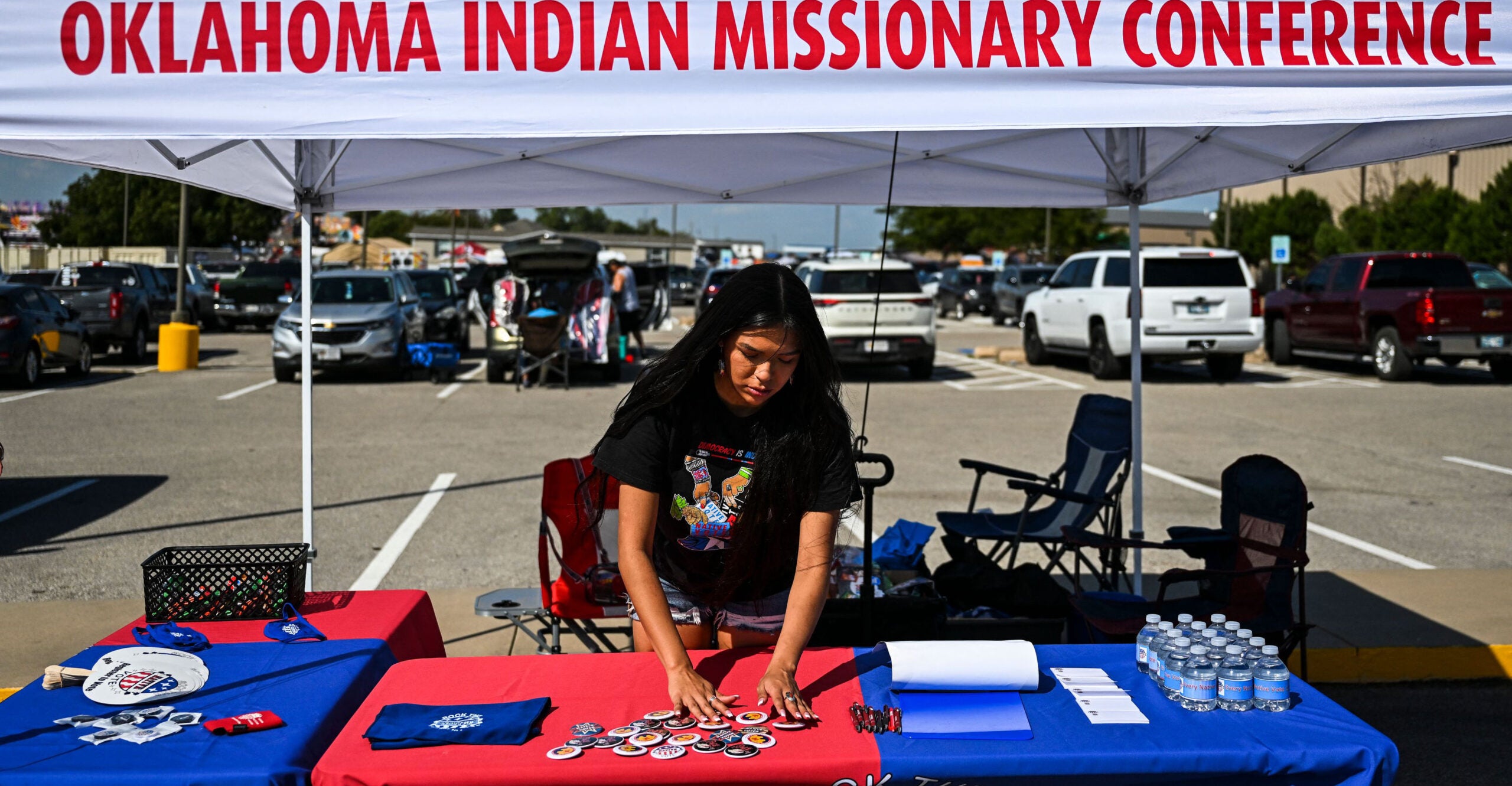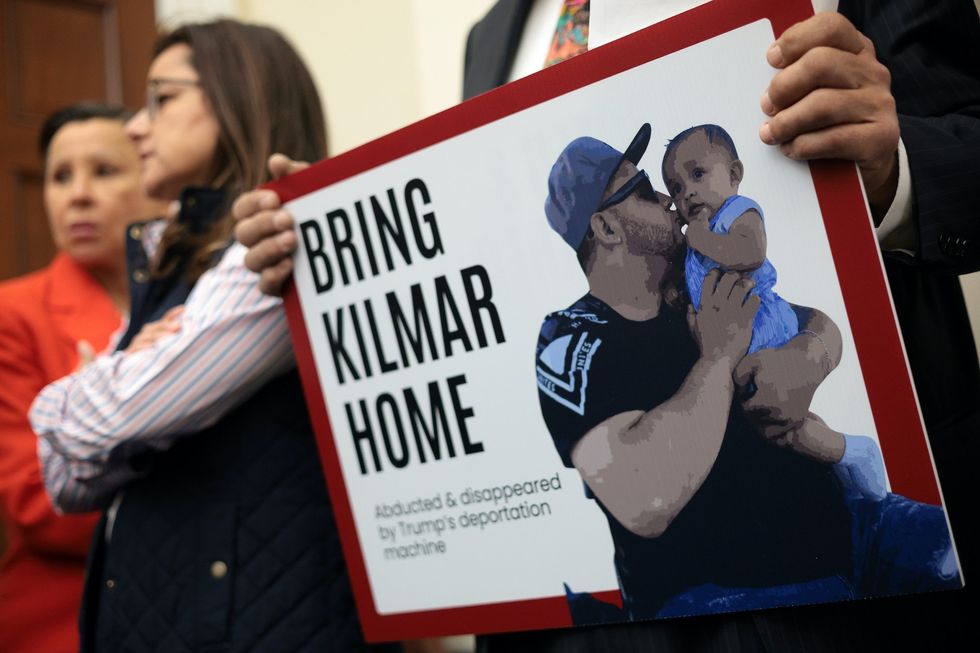The female hero has been Mary Sued to death; Disney's 'Tangled' shows how to resurrect her
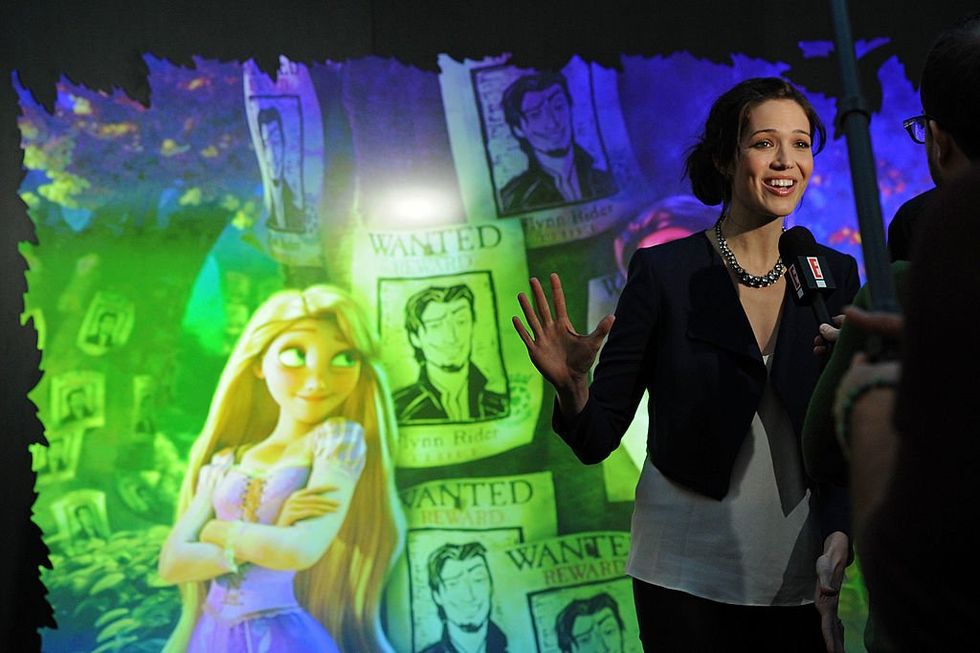

Rey. Galadriel. Captain Marvel. Bo Peep. Why are modern female heroes so unlikeable? And what does that mean for us professional writers?
It all starts with Mary Sue.
This retelling of the Rapunzel story cleverly depicts something crucial about modern femininity: the struggle between traditional feminine power and modern feminist ideology.
A "Mary Sue" is a female protagonist who can overpower foes with ease — but without the backstory to explain her personality, values, agenda, or those abilities.
Mary Sue-ing a character is how you botch the hero's journey.
Starting at the end
In a typical hero's journey, the protagonist is weaker than the villain in every tangible way. That's important when you're considering the odds of who's going to win.
In every timeless story, the hero becomes great by overcoming his tangible weaknesses. But Mary Sue? She starts at the END of the hero's journey!
Take the infamous example of Rey (Daisy Ridley), introduced in 2015's "Star Wars: The Force Awakens." We see a character who has completed her arc — but at the start of the story.
Kylo Ren (Adam Driver) trains in combat his whole life. Rey is a mechanic. The first time they fight, she kicks his butt! That's not how a protagonist's first battle with the antagonist is supposed to go.
These Mary Sues are depicted as unlikeable but strong. That's the opposite of how a story should start. Any new protagonist must be introduced in a hero's journey story arc where he's likeable yet has weak behaviors, or so dedicated to his values that he's unable to act.
But the problem with Mary Sues goes deeper. This is something I only realized after returning to faith and attending Catholic Mass these last four months: The hero's journey was NEVER meant for women.
A male-only space
The hero's journey is for men only. It is a "male-only space." It is not co-ed. The hero's journey is slaying the dragon, stealing the gold, and getting the virgin.
And women?
Women have no such equivalent. Women have an entirely different archetypal path, one that modern Hollywood completely misunderstands.
A woman's archetypal story is to protect her virtue for her one true love. Not to get too religious, but the archetypal story of the female is ... the blessed Virgin Mary.
Growing up evangelical, then straying, and now finding my way to Catholic Mass have opened my eyes to these deeper truths. The answer was always there, in our most ancient stories and sacred traditions. The solution to the Boss Babe-ing of our society and our stories isn't complicated. But it does requires courage — especially in our current climate.
Let down your hair
Let’s talk about the 2010 movie "Tangled" — Disney's last pre-woke masterpiece. This retelling of the Rapunzel story cleverly depicts something crucial about modern femininity: the struggle between traditional feminine power and modern feminist ideology.
Consider Mother Gothel — not just a bitter "wine aunt" feminist but a corruption of the divine feminine. She represents everything that pulls women away from their true archetypal journey.
She doesn't just kidnap Rapunzel. Mother Gothel severs her own connection to the divine feminine, her sacred role as a mother figure, her calling to protect and nurture. She cares only for vanity and becomes the crone.
So who saves Rapunzel from this anti-feminine archetype?
Not her parents. Not her community. But a rebellious, anti-government, troublemaking, right-wing anon man who represents everything the establishment fears: Flynn Rider.
Flynn's not just a love interest; he's the masculine force that helps restore Rapunzel to her proper feminine journey to love and to submission to her family destiny.
'Snow' blind
Fast-forward to 2024.
We're witnessing the peak of this transformation into Mary Sued degeneracy. Look at Disney's upcoming "Snow Not White" remake. They've missed the point (and the plot).
Snow White's strength never came from "becoming a leader" — it came from embodying the innocent, feminine virtues that have inspired humanity for millennia.
Zegler herself has said that this version of Snow White isn’t "dreaming about true love" but instead focuses on becoming "the leader she knows she can be."
Seems like the modern Mary Sue phenomenon isn't just bad writing — it's a spiritual crisis.
The irony? These new heroines:
- Reject their feminine nature.
- Pursue male power dynamics.
- Abandon the sacred feminine.
When instead, they should pursue success using:
- Feminine strength.
- Inspiration through kindness.
- Natural influence with compassion.
The original Snow White understood something profound: Feminine power lies in preservation, not conquest. In nurturing, not dominating. In inspiring through virtue, not force.
Action films like "Ballerina" miss this truth. They give us women performing male hero journeys instead of embracing the unique power of feminine archetypes. These are the new Gen Z and Gen X Mary Sues. “Different” from their Millennial predecessors like Rey and Galadriel, but the same nothingness.
Quite problematic, to use preferred leftyspeak.
These female characters don't earn their power — they start with it. Mary Sues don't grow; they dominate. They don't inspire; they intimidate.
Being vs. becoming
Without irony and not as a joke, there is a single grain of truth in this: Women are, but men must become.
In traditional storytelling, women start at level 100. Men start at zero. The man must prove worthy of the woman. The woman must protect what she already possesses. But modern storytelling throws this wisdom away.
Instead, since 2010-ish we’ve been getting:
- 100-pound women throwing 300-pound men.
- Instant mastery of combat without training.
- Perfect skills without explanation.
- Power without purpose.
This isn't female empowerment. It's feminine erasure.
Real feminine power isn't about matching male strength. It's about embracing feminine intuition and noble courage. That's what made "Tangled" special.
Rapunzel's power wasn't in fighting. It was in her feminine nature — her innocence, her nurturing ability, her fiery yet soft muse within that inspires great change in others. Ultimately, she sacrificed her greatest gift for her love.
Meanwhile, the anti-feminine Mary Sue sacrifices everything else including literal kids for her own independence.
What audiences want
Now, the Mary Sue trend reveals another misalignment: what audiences want vs. what Hollywood delivers. Viewers crave authentic female characters who:
- Embrace their feminine nature.
- Show real growth.
- Face real challenges.
- Inspire through truth, not force.
Instead, we get carbon copies of male heroes in female bodies.
The solution? Women don't need a hero's journey. They don't need to slay dragons. They don't need to conquer kingdoms. They need to embrace their divine feminine nature — like Mary, who changed the world not through conquest but through her yes and submission to a higher purpose.
That's what "Tangled" understood. That's what modern Hollywood forgot. That's what we must reclaim.
We need to return to traditional feminine power in storytelling. Show women as they are — naturally powerful, naturally influential. Not as the fake vegan meat version of men. Because here's the truth: In 2024 and beyond, we don't need more female heroes imitating male journeys. We need storytellers brave enough to honor the sacred feminine journey — a path not of becoming, but of being; not of conquest, but of preservation; not of power, but of grace.
This isn't just about better stories. It's about remembering who we are. And who we're meant to be.
Originally Published at Daily Wire, Daily Signal, or The Blaze
What's Your Reaction?
 Like
0
Like
0
 Dislike
0
Dislike
0
 Love
0
Love
0
 Funny
0
Funny
0
 Angry
0
Angry
0
 Sad
0
Sad
0
 Wow
0
Wow
0
